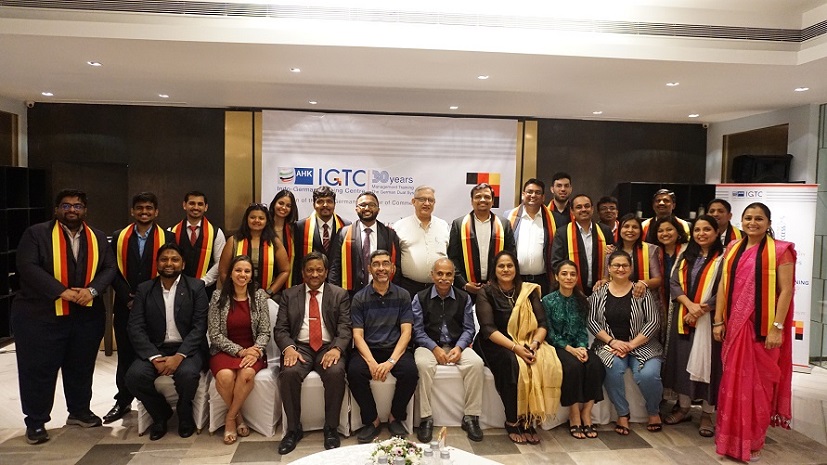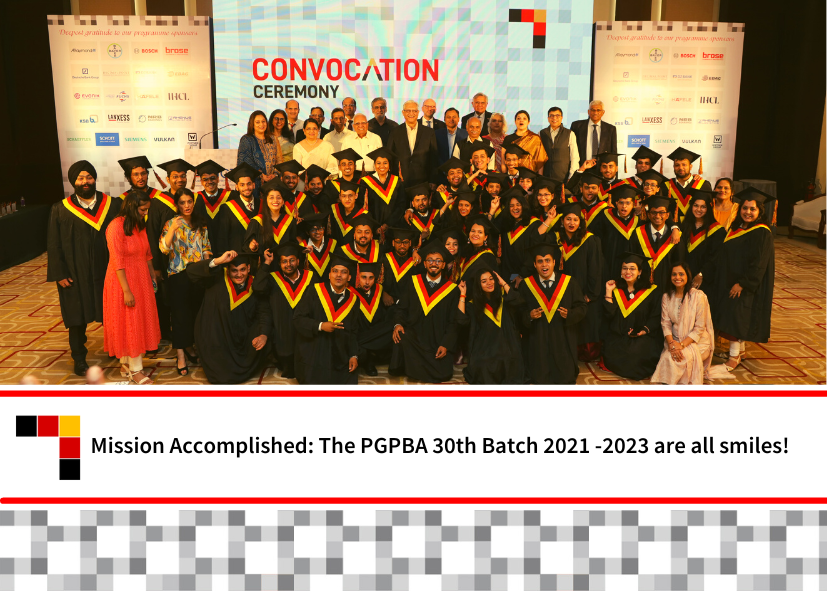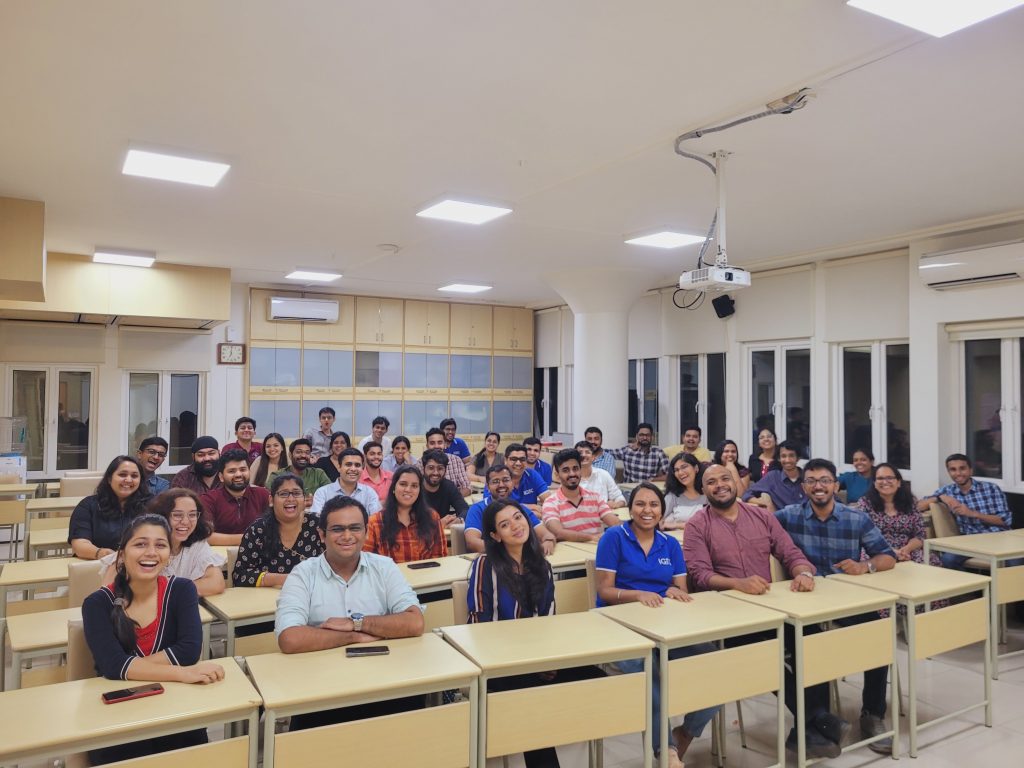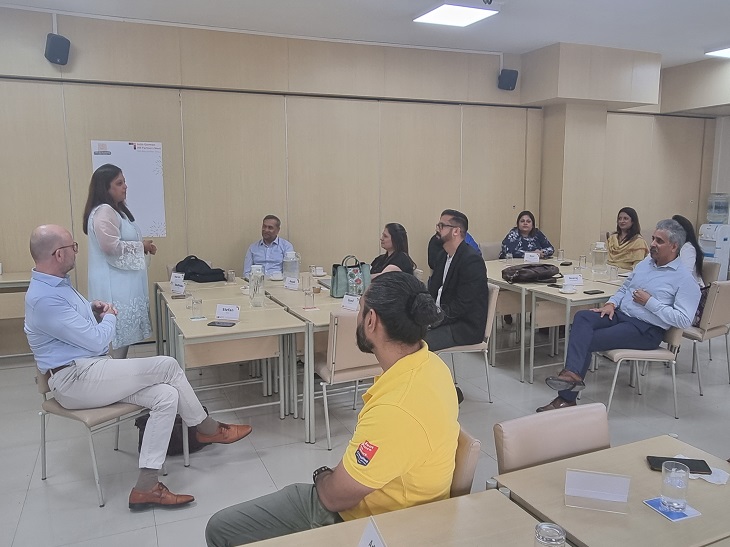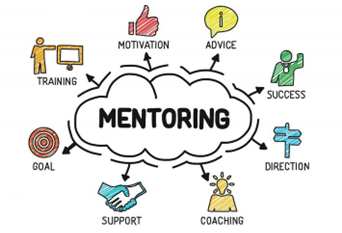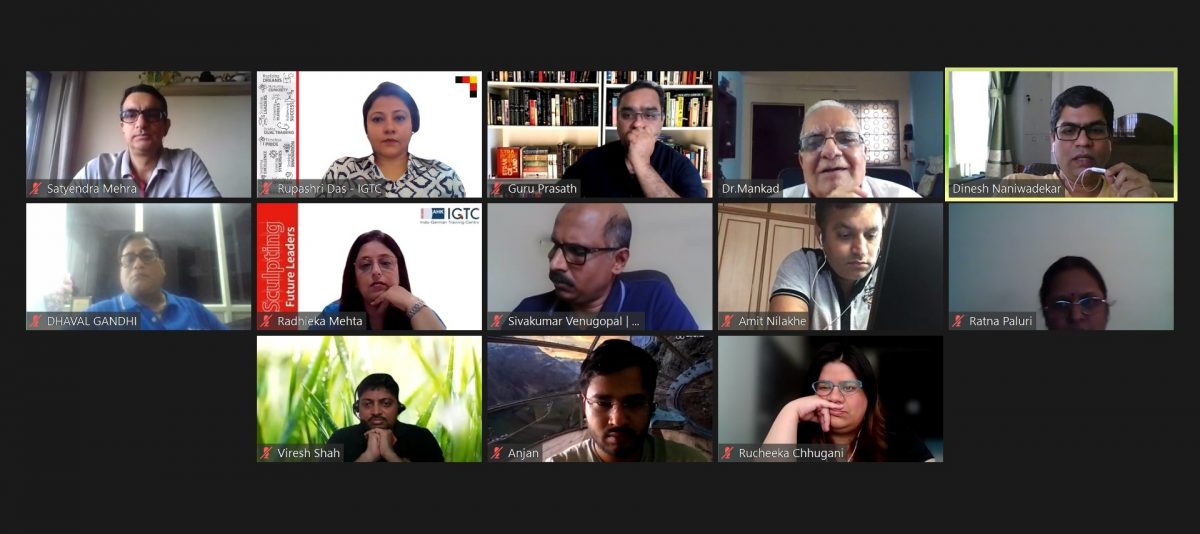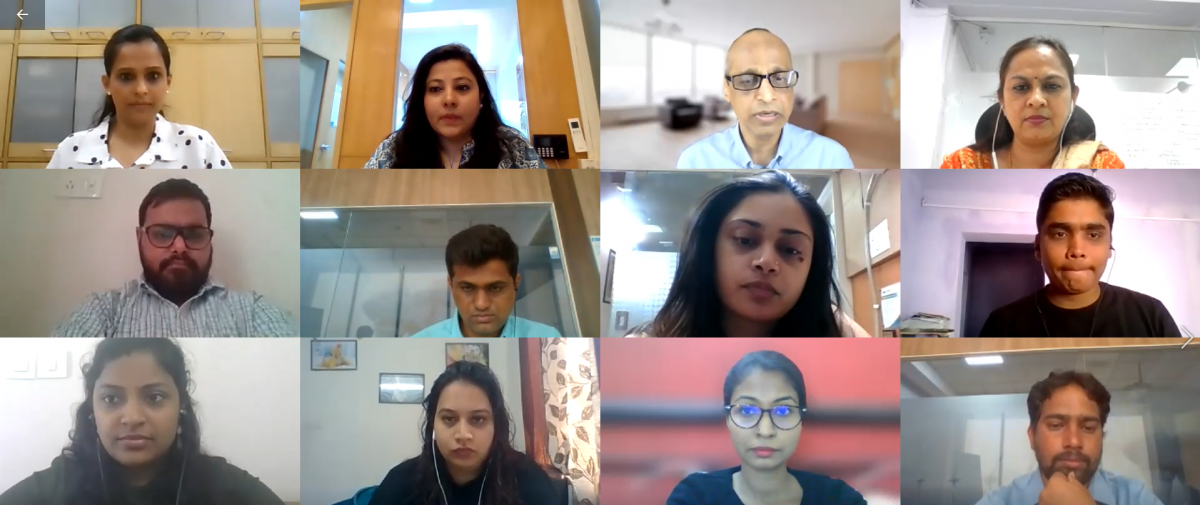Culture hides more than it reveals and strangely enough what it hides, it hides most effectively from its own participants. Years of study have convinced me that the real job is not to understand foreign culture but to understand our own.
Edward T. Hall
The Indo-German Training Centre organized an Open Programme on ‘Intercultural Adaptors’, presented by faculty Mr. Jugal Choudhary on 2nd March 2021. An alumnus of Harvard Business School, Boston, he is accredited in Intercultural Management by The Hofstede Centre, Helsinki and, is a visiting faculty at IIM, Ahmedabad and Bangalore.
Our world is increasingly becoming interdependent on resources, services and products from far-away geographies. Differences in cultural values between nations have posed very significant challenges and have led to huge financial losses. These differences are hard to observe and are even harder to deal with. The traditional approach of providing ‘Cultural Sensitization’ to executives has major limitations.
Intercultural Adaptors are culture-specific tools, templates, structures and process changes that allow an effective connection across different cultures; much like an electrical plug-socket adaptor. These Adaptors are developed with the aid of well-researched cross-cultural frameworks and allow an individual to act in alignment with his/her native value system and yet communicate and collaborate seamlessly with individuals and systems from a different culture. Jugal’s unique approach of creating Adaptors to connect across cultures has been successfully applied by several global companies.
Two organizations ThyssenKrupp Materials IT Services India Pvt. Ltd. and Evolute Systems Pvt. Ltd. nominated managers to participate in the programme. These participants belonged to backgrounds as diverse as Information & Technology, Strategy and Software. Before the programme a pre-course survey was done with the participants; some of the key issues raised were:
- Communication gap between onsite and offsite teams
- Germans do not like our sugar-coated responses and instead ask for a lot of details
- Often behaviors are interpreted in unexpected ways
- It is hard to build trust with ‘them’
Through interactive games, role plays, case studies, videos, quizzes and presentations, participants learned about popular frameworks of cross-cultural differences and the concept of developing Adaptors. The participants couldn’t stop laughing at themselves when they learned about challenges westerners face when communicating with Indians.
The day-long cultural journey concluded with a presentation by the participants of actionable plans, for themselves individually and for their organizations.




